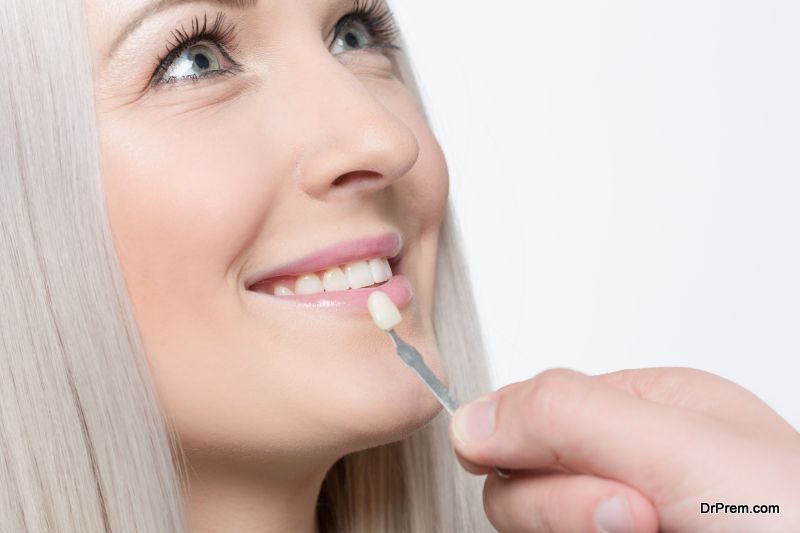Dental emergencies, of any kind, can cause intense panic and distress. It’s important to remain calm and act logically when dealing with a frightening incident like a knocked-out tooth or trauma to the mouth.
Read our complete guide to dealing with all manner of dental emergencies, to return your teeth and mouth to a beautiful smile once again.
What is a Dental Emergency?

Emergency dental issues are generally categorized by the following issues:
- Tooth avulsion (knocked-out tooth)
- Pain or infection of erupting wisdom teeth
- Severe or persistent toothache
- Broken crowns and fillings
If you find yourself in any of these situations, contact your dentist immediately to arrange an emergency appointment. If you are based in Fremantle, Western Australia, Fremantle Smiles Dental Care Centre hold emergency dentist sessions for anyone in need. Always know where your nearest emergency dentist is, and have their phone number saved, in case a situation should arise.
Losing a Tooth
Losing a permanent tooth as an adult is a very scary experience. Common incidents that end in knocked-out teeth include sporting accidents, falls, being hit, or simply a tooth that has been causing you pain suddenly comes loose.
Follow this procedure to act quickly in the event of tooth loss:
- Call the emergency dentist at the earliest possible opportunity
- Locate the lost tooth and pick it up by the crown – avoid touching the root
- Wash the tooth in cold water for 10 seconds if it is dirty or bloodied
- Replant the tooth in the mouth – encourage the patient (or parent, if it is a young child who has lost a permanent tooth) to reposition it themselves
- Bite down on cloth to keep the tooth in place
- If this is not possible (e.g. if it is shattered) place the tooth in a glass of milk. Milk does not cause damage to cells on the root surface as water does. It can also be transported in the mouth – the best position being between the molars and the cheek. If the patient is young or think they could swallow the tooth, avoid this method. Avoid storing the tooth in water
- Seek emergency dental treatment – do these steps on the way to your appointment if possible!
Successfully replanting a tooth requires root canal treatment within two weeks after the accident. Sometimes teeth cannot be replanted, in which case false teeth or dental implants will be discussed with the patient.
Broken Dental Inserts
 Broken or lost fillings and crowns are less of an emergency, but can still cause pain and discomfort, so should be addressed as soon as possible. The exposed tooth tissue can be very sensitive and reactive to food, drink, temperature and pressure, making eating difficult.
Broken or lost fillings and crowns are less of an emergency, but can still cause pain and discomfort, so should be addressed as soon as possible. The exposed tooth tissue can be very sensitive and reactive to food, drink, temperature and pressure, making eating difficult.
Avoid damaging the exposed tissue further by getting a replacement insert quickly. In the meantime, to reduce pain, you can apply clove oil to the area. If you are able to locate the missing crown, reattach it until you can see your dentist. If it won’t stay in on its own, you can use petroleum jelly –never put unsafe adhesive substances in your mouth.
Tooth Pain Emergencies
If your tooth pain becomes unbearable or results in excessive bleeding, you should make an emergency dentist appointment. We know how severe tooth pain can affect your everyday life. It makes it near impossible to get any work done with constant throbbing in the mouth and can cause sleepless nights.
Get the area assessed as soon as you can. You may have a serious infection or abscess which will need to be treated before it can spread to cause more havoc. In the run-up to your appointment, take ibuprofen to kill pain and quell inflammation. Your dentist may perform an x-ray to ascertain what the issue is. Stay calm and be assured that the problem will be found and remedied.
In any emergency, the best thing you can do is stay calm and let the experts handle it. We hope this has helped you know what to do in a dental emergency!
Article Submitted By Community Writer




